Opera seems almost always to have been acutely concerned with its own future. These days this is most often manifested in occasionally desperate, sometimes patronising attempts to entice new audiences to the art form. A new three-way initiative between Aldeburgh Music, the Royal Opera and Opera North takes a different tack by enabling a new generation of composers and librettists to try its hand in this most exacting art form.
The initiative’s first fruit was a double bill premièred in Aldeburgh before being shown at Covent Garden’s Linbury Studio Theatre and Leeds’s Howard Assembly Room. That these two short pieces, about 45 minutes long each, should feel like studies for larger canvasses was inevitable: their main purpose, one imagines, is to lead to bigger, better things. What they made clear, however, was that one perennial operatic problem remains: that of the libretto. Neither in this case seemed much concerned with narrative. Both were self-consciously enigmatic and literary: this can be effective, but it hardly encourages the sort of cumulative, direct emotional engagement that this art form does so well.
This was certainly the case with The Commission, composed by Elspeth Brooke to a libretto, derived from a Michael Donaghy poem, by Jack Underwood. In a manner reminiscent of George Benjamin’s Written on Skin, the characters were unnamed archetypes, here in an opaque plot of revenge: a Craftsman, a Silversmith and his Daughter, the Pope and Surgeon (both sung by a countertenor). We were told it carried all sorts of brooding ironies and significance, inspiring — depending on one’s constitution — either chin-stroking or head-scratching.
Brooke’s music showed enormous skill and a great deal of imagination, and she cleverly mixed the sonorities of a small ensemble (including cimbalom, mandolin and accordion) with recorded voices and sound effects, incorporating populist elements into a bracing but varied modernist idiom. But it was ultimately a perplexing show, especially so given the final shift of focus from the Craftsman on to the Daughter, saved from delirium by the amputation of her hand.
The second work, Café Kafka, didn’t take itself quite so seriously. Meredith Oakes — a seasoned librettist with such works as Thomas Adès’s The Tempest to her credit — had taken various snippets from Kafka’s works to present a series of inept interactions between men and women in a smart, modern bar, punctuated with several excursions into the surreal and culminating in a striking and strange shift of tone with the arrival of the Flying Dutchman-like hunter Gracchus. Francisco Coll’s score conjured up this strange world with impressive assurance and plenty of imagination. Its moments of pastiche were reminiscent of his teacher Adès’s own first opera, Powder her Face, but it also showed a welcome willingness to employ the voices together.
The same young cast tackled both pieces brilliantly and fearlessly. The Icelandic bass-baritone Andri Björn Róbertsson was outstanding as the Craftsman and Gracchus, and Anna Dennis rose to the unusual challenges of the strange Daughter in The Commission. Suzanne Shakespeare threw everything at the Girl’s high notes and shrieks in Café Kafka. Countertenor William Purefoy made a stronger impression in Coll’s work than he had in his more fragmentary roles in Brooke’s. Under Richard Baker, CHROMA played both scores with impressive conviction and versatility. Annabel Arden’s production and Joanna Parker’s designs for the second work seemed better defined; the unspecific simplicity used for the first only added to the sense of its vagueness. I couldn’t help feeling that the use of video projections (by Dick Straker), though, betrayed doubt in the power of words and music alone, which is surely to miss part of the point.
By contrast, what was perhaps most refreshing about the Royal Academy of Music’s new production of Handel’s Ariodante was that Paul Curran’s production showed absolute faith precisely in that power. The singers, sensitively and musically directed, were mainly given the stage to themselves in their arias. This, and the simple, smart single set — designed by Robert Innes Hopkins and Carla Goodman, and consisting primarily of some chairs and a large, adjustable reflective panel above the stage — brought the focus squarely on to the music in the way that Richard Jones’s intermittently brilliant recent ENO Rodelinda had only fleetingly done.
The first batch of Royal Academy students to tackle the piece — the production, given in four performances, was double cast — were promising and dramatically engaging, even if some of the voices, understandably, showed themselves to be works in progress. Mezzo Anna Harvey stood out for her clear, accurate singing as Ariodante, as well as her remarkably convincing acting of the young, passionate knight. Rosalind Coad was also impressive as Ginevra, with a characterful edge to her soprano. In the pit, Jane Glover lent a firm guiding hand to an evening of straightforward Handelian pleasures.
Got something to add? Join the discussion and comment below.
Get 10 issues for just $10
Subscribe to The Spectator Australia today for the next 10 magazine issues, plus full online access, for just $10.
You might disagree with half of it, but you’ll enjoy reading all of it. Try your first month for free, then just $2 a week for the remainder of your first year.

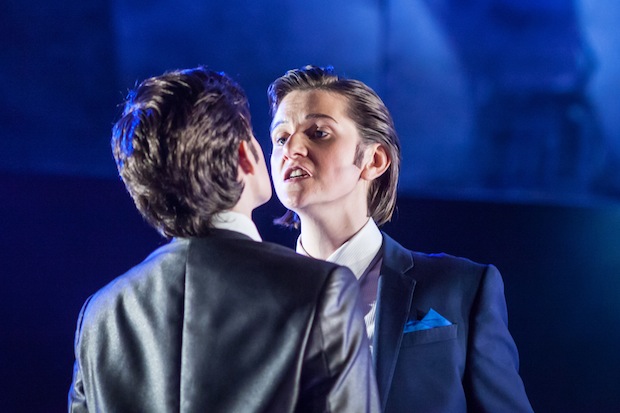

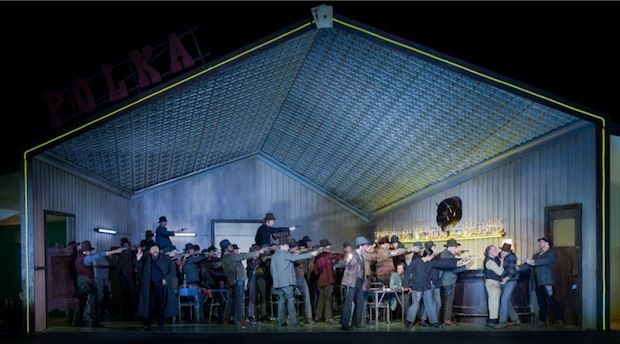
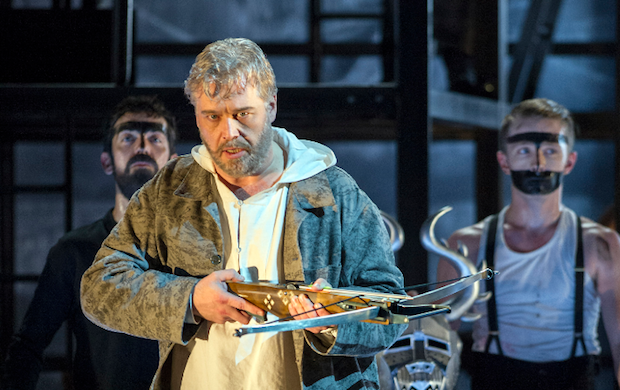
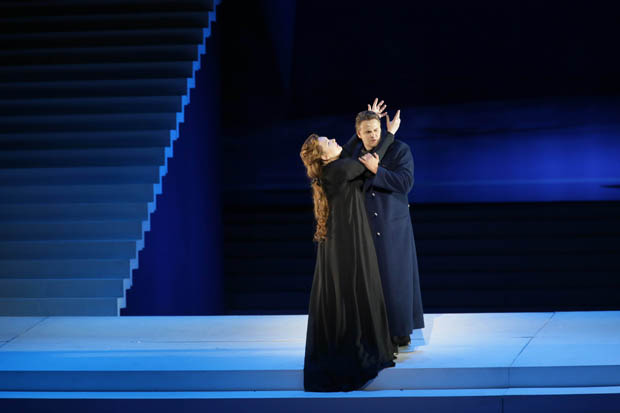
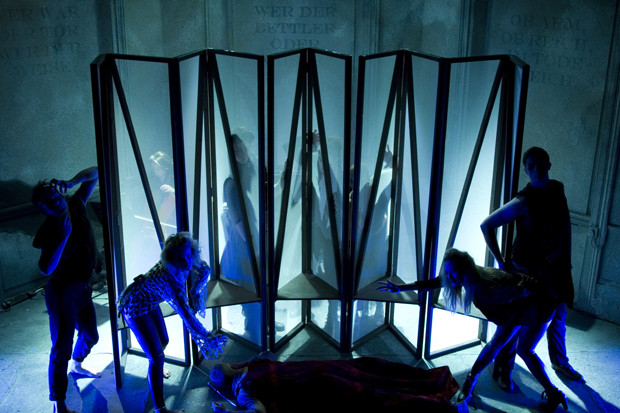
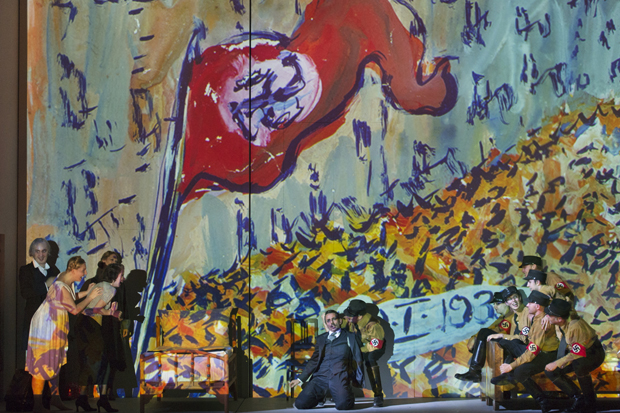






Comments
Don't miss out
Join the conversation with other Spectator Australia readers. Subscribe to leave a comment.
SUBSCRIBEAlready a subscriber? Log in